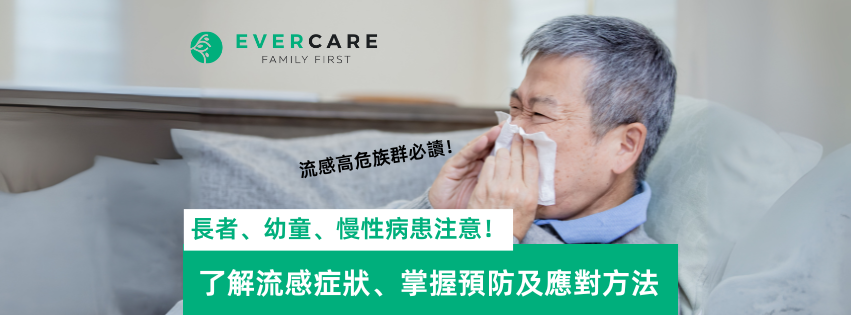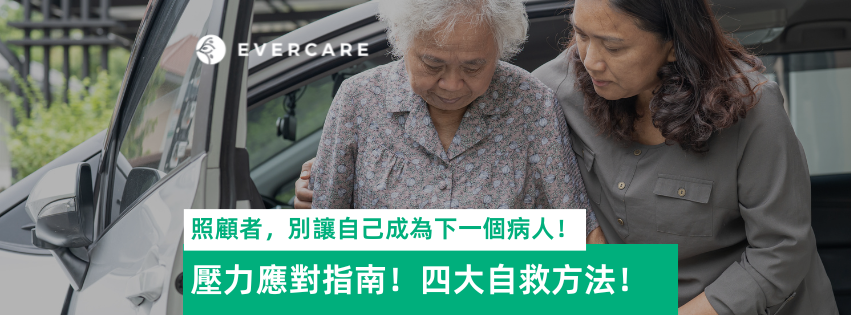Life took an unexpected turn when Margaret’s mother had a fall in 2010. Now, sharing her lessons learned, Margaret offers advice on how to deal with isolation, burnout, helplessness, and other common issues facing many Hong Kong family carers on the same boat.
Having looked after her mother for the last nine years, Margaret experienced firsthand the harsh realities of caregiving. With each accomplishment came new challenges, fuelling uncertainty and stress. Fortunately, she found her silver lining through professional help. Here, she tells her story of love, strength and resilience, sharing how she pushed through the challenges of caring for a loved one with multiple chronic illnesses.
This interview has been edited for length and clarity.
1. How and when did you become a family carer?
I became an active carer in 2010. It was something that happened quite suddenly. My mother had a fall, and she hurt her back slightly. That was the first time I became very hands-on with her caregiving. Previously, she lived by herself and took care of her medication and doctor’s appointment. Since that one fall, however, I realised I had to keep an eye on her a bit more.
2. What was it like being thrust into a caregiving role?
When I started to take care of my mother, I realised that I had no idea what health conditions she was in, what medication she took, and how exactly was her condition. I knew she went to a cardiologist and a psychiatrist, but there were all these other issues that she was experiencing that I had no idea of. All of a sudden, I felt lost and overwhelmed.
3. What was the biggest challenge you faced? How did you deal with it?
People expect that just because she’s my parent, I should know how to take care of her. No, you don’t. There’s a whole school of knowledge about caregiving. While I’m not one who shies away from scientific information, the learning curve was still very steep because of the rapidly changing needs and conditions.
A month after my mum succumbed to pneumonia, which happened after she had her second fall, she developed a new condition. Since she was on so many drugs, her kidney was so compromised that it shut down. In the end, we had to put her on dialysis. Every time something happens, it is a whole new ball game. If it weren’t for Evercare’s nurses, who pointed me in the right direction, I would be lost in so much information.
If you, too, ever feel lost, ask questions. A lot of the time, health professionals assume you know. When you don’t, don’t feel stupid asking anything.
You might also like:
4. When caregiving became overwhelming, what did you do to manage the load?
In hindsight, one of the things I’m glad I did was to hire professional help. If you can afford it, do it. It’s very difficult to take care of somebody else. It’s draining; it’s stressful; it plays on your mood. The patient has moods; you have moods. Everybody’s emotional. That is why you need somebody who comes in, who’s not emotionally involved, to do the stuff that needs to be done.
5. How do you overcome the mindset challenges of being a family carer?
As a family carer, you’ll be looked at in a certain light by the community. There has been a lot of finger-pointing on all sides – I felt it from medical professionals, my mother’s friends, and from my own family.
When others blame you for inadequate care and effort, you have to be strong. Don’t beat yourself up because these people don’t know what you’ve gone through. You may find yourself on a track that nobody understands, but always remember that you are already doing everything you possibly can to make the situation better.
6. What is the most important advice you would give to someone suddenly thrust into a caregiving role?
One of the things I did was to find myself a support system. Find someone to be your sounding board, to help you make decisions, or share the burden. When my mother had another bout with her heart conditions a few years ago, I decided to switch to a different doctor. We worked as a team – with a single goal of getting the patient better.
It also helps if you are proactive in making decisions. Once I started to recruit the people that I liked to be on my team, I felt that I was leading the fight, that I was no longer trying to play catchup.
7. What’s the most rewarding thing about caregiving?
For many family carers, there is no happy ending, but one thing that I’m grateful for is that I had the opportunity to do the best I could and learn these many things. Now I feel like I have something that I can share or help the next person. That’s the most rewarding part .
其他話題 Other Topics
最新的文章 Latest Posts

喜歡我們的文章嗎?
超過3,000位照顧者已經訂閱我們的資訊!訂閱我們的資訊,你可獲得免費護理工具、專家護理知識和同路人分享。立即訂閱,也可以隨時取消。請在此填寫你的姓名和電郵地址:

